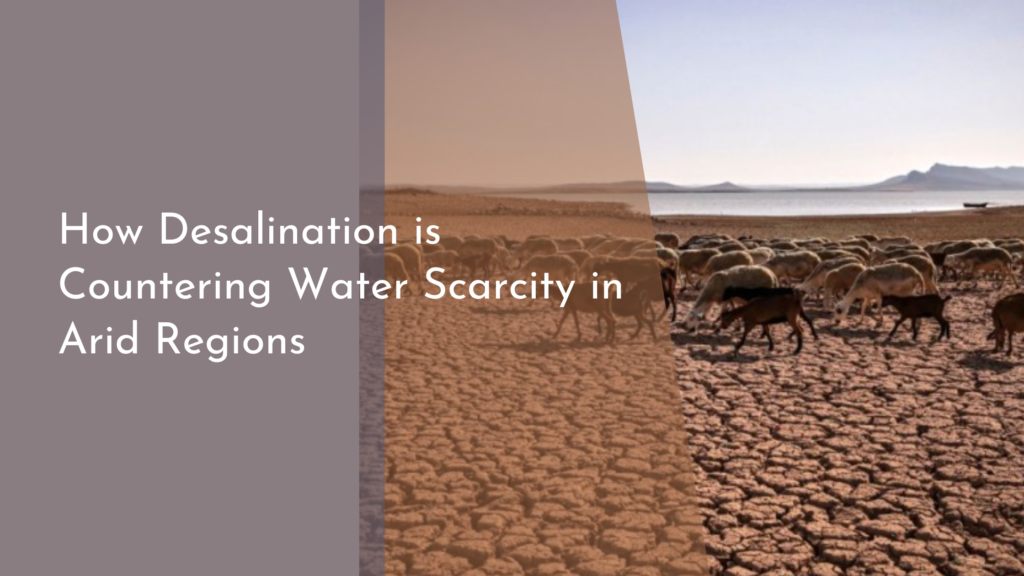Algae-Based Fertilizer from Wastewater for Urban Farms
Urban farming is on the rise, with more and more city dwellers embracing the idea of growing their own food. As cities become increasingly crowded, innovative solutions are needed to tackle the challenges of sustainable agriculture. One such solution is the use of algae-based fertilizers derived from wastewater. This approach not only enhances soil health but also transforms waste into a valuable resource, making it a win-win for urban farmers and the environment alike.
In this article, we will explore how algae can be harnessed to create effective fertilizers from wastewater, the benefits it brings to urban agriculture, and how this green initiative can contribute to sustainable farming practices in our cities. Join us as we dive into the world of algae and discover its potential to revolutionize urban farming.
Transforming Wastewater: A Green Solution for Urban Farms
The treatment of wastewater is often viewed as a necessary but burdensome task. However, with the right technology and approach, wastewater can be transformed into a valuable resource for urban farms. By utilizing algae in the treatment process, nutrients such as nitrogen and phosphorus can be extracted from the wastewater, which would otherwise contribute to pollution in water bodies. This not only helps to clean the water but also produces a nutrient-rich biomass that can be converted into organic fertilizer.
Algae-based fertilizers have gained traction due to their ability to improve soil structure and enhance nutrient availability. Urban farms, often limited by space and resources, can benefit significantly from this sustainable practice. By integrating algae into their cultivation strategies, urban farmers can reduce their reliance on synthetic fertilizers, which can be harmful to both the environment and human health. The transformation of wastewater into a green solution exemplifies how innovation can lead to more sustainable urban farming practices.
The Power of Algae: Nature’s Fertilizer in Action
Algae are remarkable organisms that thrive in aquatic environments, and they possess unique properties that make them ideal for use as fertilizers. Rich in essential nutrients, including nitrogen, potassium, and micronutrients, algae can promote healthy plant growth and improve crop yields. By harnessing the natural processes of algae, urban farmers can create an organic fertilizer that not only nourishes their plants but also enhances soil health.
Moreover, algae-based fertilizers are biodegradable and environmentally friendly. They contribute to the circular economy by utilizing waste products to create something beneficial. This process not only reduces the environmental impact of urban farming but also fosters a sense of community as city dwellers come together to adopt sustainable practices. The power of algae as a natural fertilizer showcases the potential of innovative solutions in addressing urban agricultural challenges.
Boosting Urban Agriculture with Algae-Based Fertilizer
Urban agriculture faces numerous challenges, including limited space, soil degradation, and the need for sustainable practices. Algae-based fertilizers can help address these issues by providing a nutrient-dense alternative to conventional fertilizers. When applied to urban gardens, algae fertilizers can enhance soil fertility, improve water retention, and increase biodiversity in the soil ecosystem. This leads to healthier plants and, ultimately, more bountiful harvests for urban farmers.
Furthermore, the use of algae-based fertilizers can help urban farms become more resilient to climate change. As extreme weather events become more frequent, the ability to improve soil health and retain moisture becomes increasingly important. Algae fertilizers can play a crucial role in building this resilience, allowing urban farmers to adapt to changing conditions while minimizing their environmental footprint. The integration of algae into urban agriculture represents a step forward in creating sustainable food systems within our cities.
Sustainable Farming: Benefits of Algae for City Gardens
The benefits of using algae in urban farming extend beyond just improved crop yields. By promoting sustainable practices, algae-based fertilizers contribute to the overall health of urban ecosystems. They help reduce the reliance on chemical fertilizers, which can leach into waterways and cause harmful algal blooms. By utilizing algae-derived fertilizers, urban farmers can cultivate their gardens in harmony with nature, fostering a healthier environment for both plants and people.
Additionally, the cultivation of algae itself can provide economic opportunities for urban communities. By establishing algae farms or partnering with local wastewater treatment facilities, urban farmers can create jobs and promote local economies. This not only contributes to food security but also encourages community engagement and education around sustainable practices. In this way, algae-based fertilizers not only enhance urban agriculture but also support the development of vibrant, resilient communities.
In conclusion, the use of algae-based fertilizers derived from wastewater presents a transformative opportunity for urban farming. By harnessing the power of algae, urban farmers can create a sustainable and effective solution to enhance soil health, boost crop yields, and promote environmental stewardship. This innovative approach not only addresses the challenges of urban agriculture but also fosters community engagement and resilience in the face of climate change. As cities continue to grow, embracing such green solutions will be essential for creating sustainable food systems and thriving urban communities.

